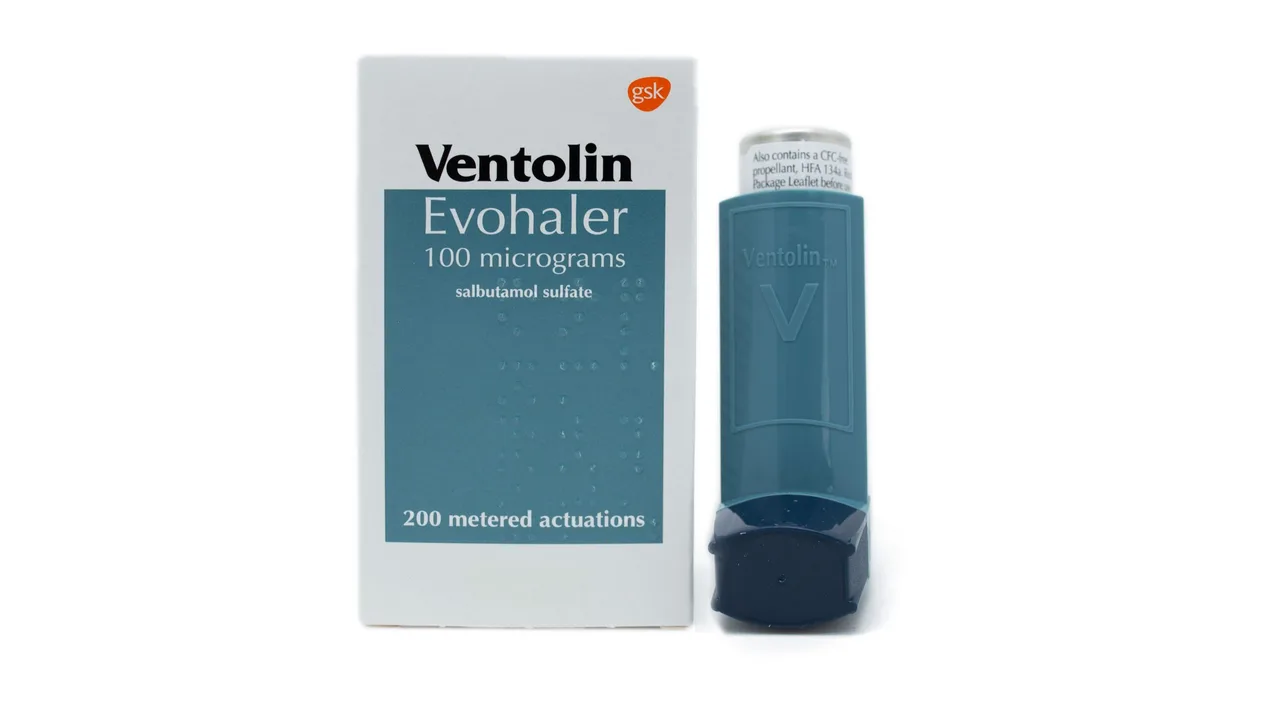Respiratory Health — Practical Tips to Breathe Better
Is your cough stubborn? Or do you feel short of breath after a walk up the stairs? Respiratory problems range from a mild cold to long-term conditions like asthma or COPD. This page gives clear, useful steps you can use today to ease symptoms, protect your lungs, and know when to get medical help.
Quick home steps that actually help
Start simple: hydrate, rest, and control the air you breathe. Warm drinks and steam can loosen mucus; a humidifier helps dry rooms but keep it clean to avoid mold. Use saline nasal rinses for congestion and throat lozenges for a sore cough. If allergies trigger your symptoms, reduce dust and pet dander, wash bedding weekly in hot water, and run a HEPA air filter in the bedroom.
Smoking makes everything worse. If you smoke, quitting is the single best move for lung health. Avoid secondhand smoke and dusty or chemical-filled spaces when you can. Check local air quality (AQI) and limit outdoor time on high-pollution days.
Try simple breathing exercises: pursed-lip breathing (breathe in slowly through your nose, exhale through pursed lips) helps with shortness of breath. Diaphragmatic breathing — focusing on expanding the belly, not the chest — lowers breathlessness during stress or mild flare-ups. Practice for a few minutes daily.
Medications, allergies, and when to see a doctor
If you use an inhaler, check your technique. A poor technique means less medicine reaches your lungs. Rescue inhalers (short-acting bronchodilators) relieve sudden wheeze or tightness; controller inhalers (steroid-based) prevent flare-ups when used regularly. Don’t stop a prescribed inhaler without talking to your clinician.
Antibiotics help only for bacterial infections. Viral bronchitis, most colds, and many coughs won’t benefit from antibiotics. Over-the-counter cough medicines have limited value—ask a pharmacist which products match your symptoms.
Vaccines matter: seasonal flu and COVID vaccines cut your risk of severe lung infections. People over 65 or with chronic lung conditions should discuss pneumococcal vaccination with their doctor.
Go to urgent care or the ER if you have severe shortness of breath, blue lips or face, sudden chest pain, fainting, or a high fever that worsens. Also see your provider if a cough lasts more than three weeks, or if wheeze and breathlessness become more frequent despite treatment.
For chronic conditions, get an action plan from your clinician. Track symptoms, know daily meds, and have a clear plan for flare-ups. Small routine changes—better sleep, weight control, and gentle activity—often cut flare-ups and make breathing easier day to day.
Questions about supplements, inhalers, or overlap with other problems like acid reflux? Ask your pharmacist or doctor. Small steps add up: cleaner air, correct inhaler use, and knowing when to get help will protect your lungs and help you breathe easier.

